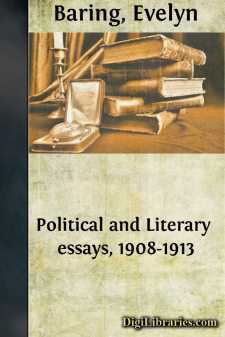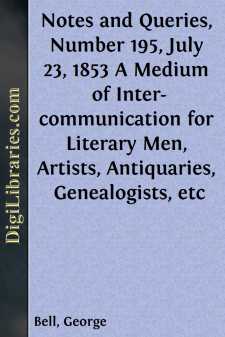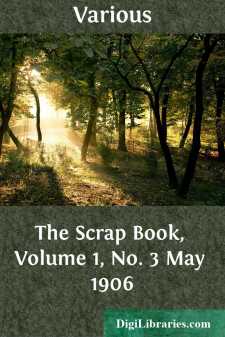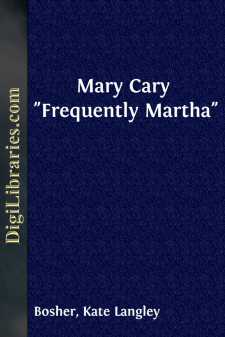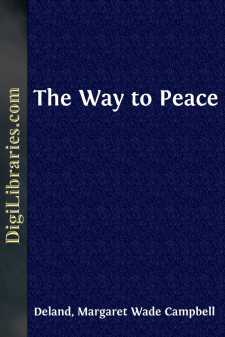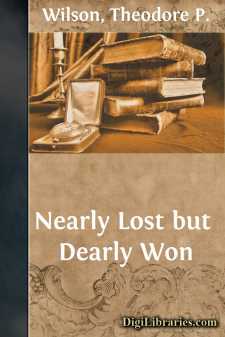Categories
- Antiques & Collectibles 13
- Architecture 36
- Art 48
- Bibles 22
- Biography & Autobiography 813
- Body, Mind & Spirit 142
- Business & Economics 28
- Children's Books 15
- Children's Fiction 12
- Computers 4
- Cooking 94
- Crafts & Hobbies 4
- Drama 346
- Education 46
- Family & Relationships 57
- Fiction 11828
- Games 19
- Gardening 17
- Health & Fitness 34
- History 1377
- House & Home 1
- Humor 147
- Juvenile Fiction 1873
- Juvenile Nonfiction 202
- Language Arts & Disciplines 88
- Law 16
- Literary Collections 686
- Literary Criticism 179
- Mathematics 13
- Medical 41
- Music 40
- Nature 179
- Non-Classifiable 1768
- Performing Arts 7
- Periodicals 1453
- Philosophy 64
- Photography 2
- Poetry 896
- Political Science 203
- Psychology 42
- Reference 154
- Religion 513
- Science 126
- Self-Help 84
- Social Science 81
- Sports & Recreation 34
- Study Aids 3
- Technology & Engineering 59
- Transportation 23
- Travel 463
- True Crime 29
Sort by:
by:
Ross Kay
A GHASTLY DISCOVERY "Look at that!" Instantly Fred Button and his companion halted and the two boys stared at the sight to which their attention had been directed. Even their guide, who at that time was several yards behind, hastened to join them and was almost as shocked by the sight as was his young companions. "What is it? What is it?" whispered John. "Can't you see?"...
more...
CHAPTER I "OLD DUT" TELLS A STORY—DICK ANOTHER—— "Master Prescott, what are you doing?" The voice of Mr. E. Dutton Jones rasped out rather sharply, jarring on the generally studious air of the eighth-grade room of the Central Grammar School. "What were you doing, Master Prescott?" repeated the stern voice of the principal. Dick Prescott had glanced up, somewhat startled...
more...
by:
Evelyn Baring
I THE GOVERNMENT OF SUBJECT RACES "The Edinburgh Review," January 1908 The "courtly Claudian," as Mr. Hodgkin, in his admirable and instructive work, calls the poet of the Roman decadence, concluded some lines which have often been quoted as applicable to the British Empire, with the dogmatic assertion that no limit could be assigned to the duration of Roman sway. Nec terminus unquam...
more...
by:
George Bell
WILLIAM BLAKE. My antiquarian tendencies bring me acquainted with many neglected and obscure individuals connected with our earlier English literature, who, after "fretting their hour" upon life's stage, have passed away; leaving their names entombed upon the title-page of some unappreciated or crotchetty book, only to be found upon the shelves of the curious. To look for these in Kippis,...
more...
by:
Various
The Latest Viewpoints of Men Worth While Stuyvesant Fish Says That Americans Are Wasteful, While Pastor Wagner Praises Our National Character—John D. Rockefeller, Jr., and Professor Fagnani Discuss Joseph's Corner in Corn—Thomas F. Ryan Holds That Opportunity to Win Wealth is Necessary to Industrial Progress—Andrew Carnegie as the Financier of Spelling Reform—With Other Opinions of...
more...
THE PERFECT READER On Christmas Eve, while the Perfect Reader sits in his armchair immersed in a book—so absorbed that he has let the fire go out—I propose to slip gently down the chimney and leave this tribute in his stocking. It is not a personal tribute. I speak, on behalf of the whole fraternity of writers, this word of gratitude—and envy. No one who has ever done any writing, or has any...
more...
AN UNTHANKFUL ORPHAN y name is Mary Cary. I live in the Yorkburg Female Orphan Asylum. You may think nothing happens in an Orphan Asylum. It does. The orphans are sure enough children, and real much like the kind that have Mothers and Fathers; but though they don't give parties or wear truly Paris clothes, things happen, and that's why I am going to write this story. To-day I was kept in....
more...
ATHALIA HALL stopped to get her breath and look back over the road climbing steeply up from the covered bridge. It was a little after five, and the delicate air of dawn was full of wood and pasture scents—the sweetness of bay and the freshness of dew-drenched leaves. In the valley night still hung like gauze under the trees, but the top of the hill was glittering with sunshine. "Why, we've...
more...
by:
Various
NOTES ON DOMESTIC ARCHITECTURE. If building many houses could teach us to build them well, surely we ought to excel in this matter. Never was there such a house-building people. In other countries the laws interfere,—or customs, traditions, and circumstances as strong as laws; either capital is wanting, or the possession of land, or there are already houses enough. If a man inherit a house, he is not...
more...
Esau Tankardew. Certainly, Mr Tankardew was not a pattern of cleanliness, either in his house or his person. Someone had said of him sarcastically, “that there was nothing clean in his house but his towels;” and there was a great deal of truth in the remark. He seemed to dwell in an element of cobwebs; the atmosphere in which he lived, rather than breathed, was apparently a mixture of fog and dust....
more...




